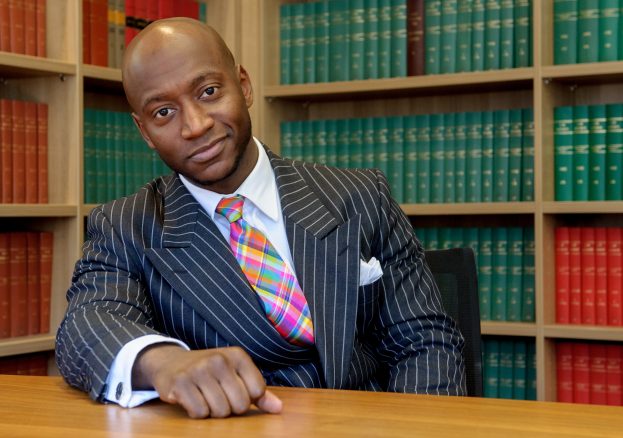
I think both arguments are valid. The objective of the Black History Month should be to facilitate the integration of Black history into general world history. A world history that is learnt, known and shared to all throughout the year. However, to accomplish this awareness needs to be raised hence the need for Black History month. This awareness or campaign during Black History Month should have the specific aim of making Black History Month redundant.
Black History Month is important as it highlights the contribution of Black people to world history. These contributions are not often taught in schools nor widely known to the general public. An illustration of this is Lewis Latimer (who perfected the light bulb), Daniel H Williams (carried out the first successful open heart surgery), Lonnie G Johnson (Super Soaker).
However, we need to shift the focus away from individual heroes during Black history Month. We must remind ourselves that October (February in the United States) should not be the only month in the year to acknowledge the accomplishments and contributions of Black people, especially when we use some of the things that were invented by Black people every day. Black History Month should be a month of awareness that has a long-term objective of ultimately becoming redundant. The promotion of Black History Month should be on the basis that Black history is everyone’s history .The impact the Black people have had in the world is part of our collective consciousness and societal progress. In the same way that other historical figures like, Winston Churchill, Thomas Edison and Marie Curie have contributed to the world’s evolution. We need to ensure that when we celebrate Black history it draws people of every race into the grand and diverse story of this world. It often has the opposite impact and is erroneously received as being divisive. Black History Month has the potential to be incredibly important as a building block of fair race relations. For this reason, Black History Month needs to be more than the history of the Black experience. It needs to include the history of race relationships globally.
All too often, only the most negative aspects of “Black” culture and communities get highlighted. We hear about under-achievement, crime, poverty, and dysfunctional families. We are inundated with negative images of disorderly entertainers, vulgar reality TV stars as examples of success for Black people. Additionally, we are daily subjected to unfair stereotypes and assumptions. These stereotypes although not created by the Black community are often reinforced when the Black community creates its own media content. Paradoxically this has the unintended effect of creating a sense of legitimacy to the purported negative stereotype. We should harness the attention and energy expended during Black History Month and use it to investigate race relations of the past and present with the aim of continually shifting the balance of power to achieve a fairer and more representative society in the future.
Tunde Okewale MBE
